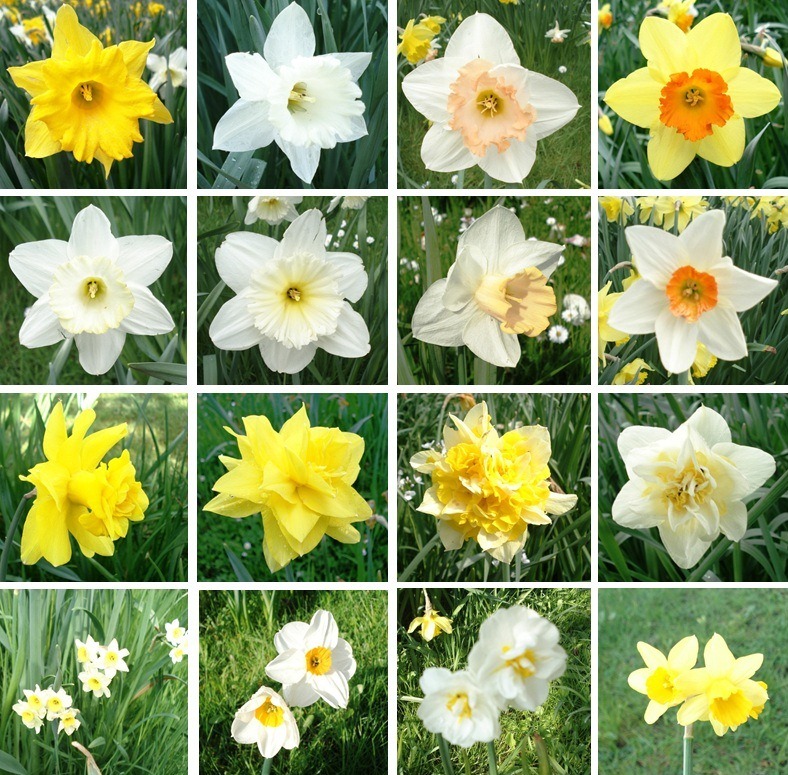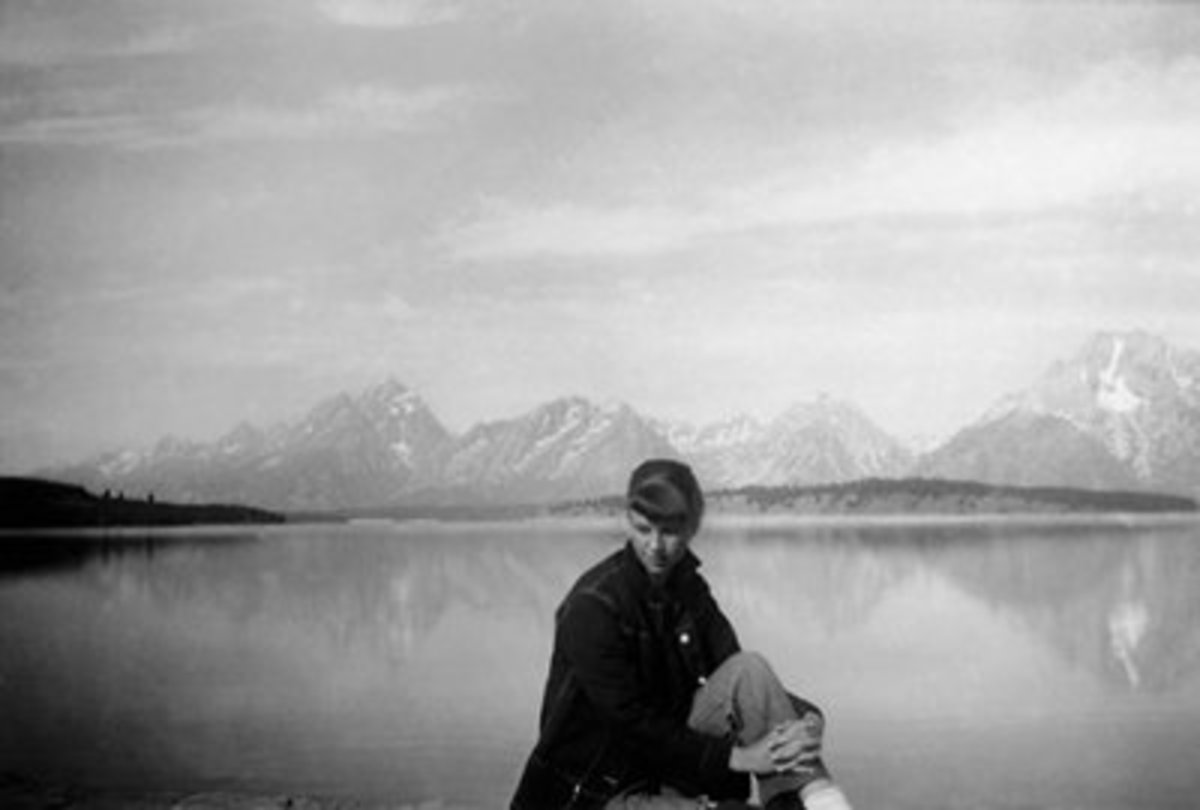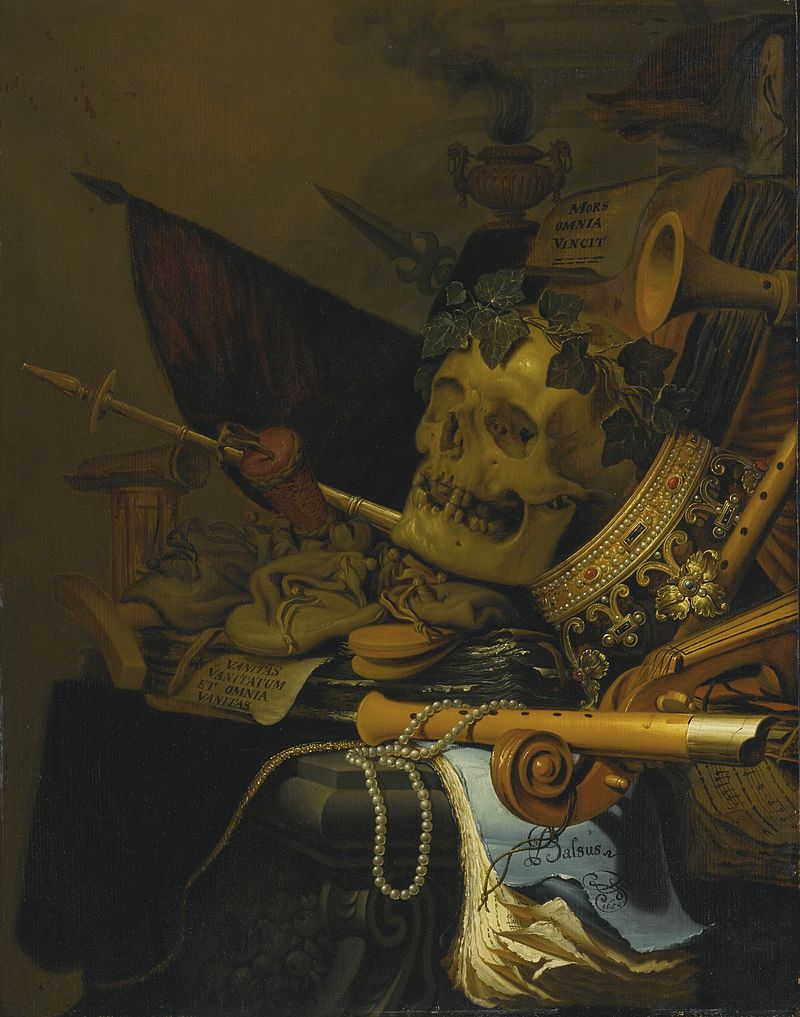 |
| Autumn in Lodhi Garden, New Delhi |
I am crooning a Tagore song as I write this prompt ‘Changes’ together with Susan:
“Fallen leaves, I’m one of you dear.
With much laughter and many a tear
Phagun* chanted the farewell song into my
core.”
(*Phagun / Phalgun is one of the last months
of the Bengali calendar.)
This year now rolls into its last month. There is an aroma of change everywhere; in every sphere of life. So it is in our dearest home Poets United. Mary and Sherry left in October, and both Susan and I are taking leave of Midweek Motif this December:
“The poetry of earth is ceasing
never:
On a lone winter evening, when the
frost
Has wrought a
silence, from the stove there shrills
The Cricket’s song, in warmth
increasing ever,
And seems to one in
drowsiness half lost,
The Grasshopper’s
among some grassy hills.”
Our last prompt will be 18 December 2019, though we will continue to write and blog our poetry. We will write more about this change in Rosemary's feature this Friday. So stay tuned, and stay in tune, too, for your new Wednesday prompt hosts in January 2020.
Much love, Sumana and Susan
Midweek Motif ~ Changes
We try to learn to appreciate change, as it cannot be avoided. We would have to set life in bronze or stone or amber to preserve it. Would it then be alive? Can we then celebrate change, or at least find the words to recognize its power? Adrienne Rich wrote in "Images for Godard":
the mind of the poet is changing
the moment of change is the only poem.
What do you think?
Want the change
by Rainer Maria Rilke
English version by Anita Barrows and Joanna Macy
Want the change. Be inspired by the flame
where everything shines as it disappears.
The artist, when sketching, loves nothing so much
as the curve of the body as it turns away.
What locks itself in sameness has congealed.
Is it safer to be gray and numb?
What turns hard becomes rigid
and is easily shattered.
Pour yourself out like a fountain.
Flow into the knowledge that what you are seeking
finishes often at the start, and, with ending, begins.
Every happiness is the child of a separation
it did not think it could survive. And Daphne, becoming a laurel,
dares you to become the wind.
The Journey
by Mary Oliver
One day you finally knew
what you had to do, and began,
though the voices around you
kept shouting
their bad advice – – –
though the whole house
began to tremble
and you felt the old tug
at your ankles.
‘Mend my life!’
each voice cried.
But you didn’t stop.
what you had to do, and began,
though the voices around you
kept shouting
their bad advice – – –
though the whole house
began to tremble
and you felt the old tug
at your ankles.
‘Mend my life!’
each voice cried.
But you didn’t stop.
You knew what you had to do,
though the wind pried
with its stiff fingers
at the very foundations – – –
though their melancholy
was terrible. It was already late
enough, and a wild night,
and the road full of fallen
branches and stones.
though the wind pried
with its stiff fingers
at the very foundations – – –
though their melancholy
was terrible. It was already late
enough, and a wild night,
and the road full of fallen
branches and stones.
But little by little,
as you left their voices behind,
the stars began to burn
through the sheets of clouds,
and there was a new voice,
which you slowly
recognized as your own,
that kept you company
as you strode deeper and deeper
into the world,
determined to do
the only thing you could do – – – determined to save
the only life you could save.
as you left their voices behind,
the stars began to burn
through the sheets of clouds,
and there was a new voice,
which you slowly
recognized as your own,
that kept you company
as you strode deeper and deeper
into the world,
determined to do
the only thing you could do – – – determined to save
the only life you could save.
Roselva says the only thing that doesn’t change
is train tracks. She’s sure of it.
The train changes, or the weeds that grow up spidery
by the side, but not the tracks.
I’ve watched one for three years, she says,
and it doesn’t curve, doesn’t break, doesn’t grow.
Peter isn’t sure. He saw an abandoned track
near Sabinas, Mexico, and says a track without a train
is a changed track. The metal wasn’t shiny anymore.
The wood was split and some of the ties were gone.
Every Tuesday on Morales Street
butchers crack the necks of a hundred hens.
The widow in the tilted house
spices her soup with cinnamon.
Ask her what doesn’t change.
Stars explode.
The rose curls up as if there is fire in the petals.
The cat who knew me is buried under the bush.
The train whistle still wails its ancient sound
but when it goes away, shrinking back
from the walls of the brain,
it takes something different with it every time.
 |
| source |
Please share your new poem
using Mr. Linky below and visit others in the spirit of the community—
(Next week Sumana's Midweek Motif will be ~ A / The Moment.)










_(4056449954).jpg)